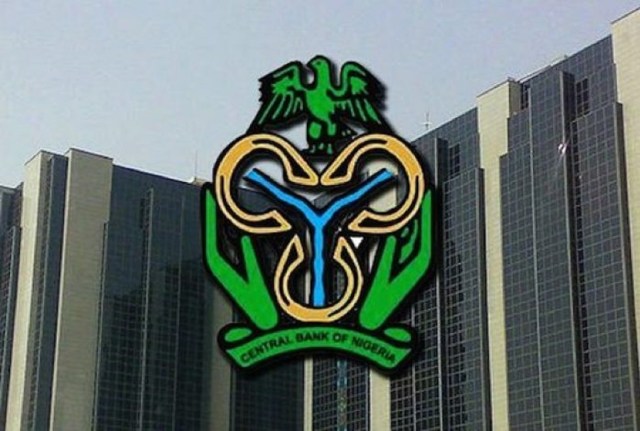Banks’ Non-Performing Loan Ratio Drops To 6.6%

*** Fitch Says Banks Lending May Slump To 2.5%

The Non-performing loan ratio of banks operating in the country dropped to 6.6 per cent at the end of April 2020 from 11 per cent in April 2019, according to the Governor of the Central Bank of Nigeria, Mr Godwin Emefiele.
In a report recently released by the CBN on the last Monetary Policy meeting, Emefiele said, “Again, the observed growth in credit illustrates the continued potency of the bank’s Loan to Deposit Ratio policy and the need to sustain credit flows to the private sector, especially at this critical time when the economy needs to indefatigably support its productive machinery. “I note the continued moderation of NPL ratio from 11.0 per cent in April 2019 to 6.6 per cent in April 2020 amidst growing private sector credits.”
He said the reduction in the NPLs underlined the CBN’s continued drive to de-risk lending. “I re-echo the imperatives of enhanced credit flows to strategic and high impact private sector ventures through an effective collaboration of all stakeholders, especially on the backdrop of the imminent economic downturn,” Emefiele added. He said the drop in the NPLs was a sign of reasonable stability in the banking system.
Meanwhile, Fitch one of the leading global rating agencies says the present economic downturn is expected to weigh heavily on the Nigerian banking sector in 2020, with loan growth projected to decelerate from 14 per cent year-on-year in 2019, to 2.5 per cent in 2020.
Fitch made this prediction in its latest report “Nigeria Banking & Financial Services Report.”
The firm however anticipated that loan growth would improve slightly in 2021, to 4.3 per cent.
Fitch stated that downside risks in the sector are elevated due to the Covid-19 pandemic and a weakened oil sector.
It further stated that demand for credit was set to weaken amid reduced economic activity and elevated uncertainty among consumers and businesses, while deteriorating asset quality will make banks more cautious in issuing loans.
“Increased government borrowing from domestic banks will help to support asset growth over the coming years. That said, there are risks of this crowding out private borrowers from receiving credit, hampering the economy’s long-term recovery. “We expect that the oil sector downturn and government measures to limit the domestic spread of Covid-19 will cause Nigerian loan growth to slow significantly over 2020″.







